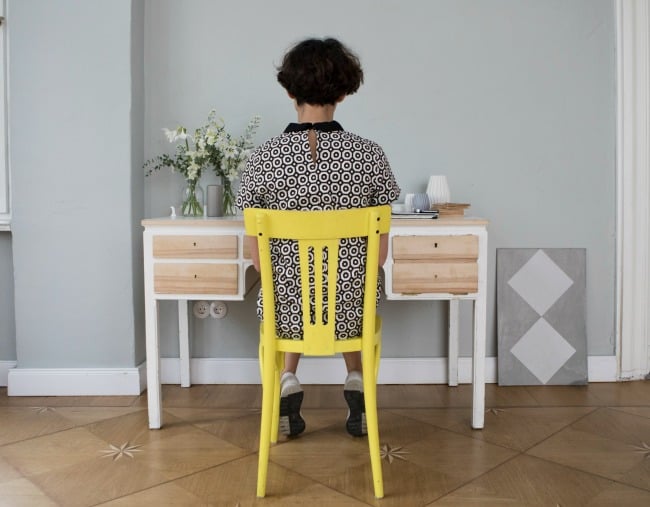
It’s time, as a culture, we stop and take a good hard look at ourselves.
An alarming new study reveals a significant rise in perfectionism over the past three decades – a condition now linked strongly to depression, anxiety, eating disorders, early morbidity, suicide ideation and suicide itself.
Broadly defined, perfectionism is the combination of unnecessarily high personal standards and a tendency to be overly critical of oneself. It is not a behaviour, but rather a highly critical way of being in a relationship with yourself. Nothing is ever “enough” for the perfectionist — not good enough, skinny enough, strong enough, smart enough, witty enough, pretty enough, successful enough… not anything enough.
So, what is it about our culture that has perfectionism on the rise? Why the growing tendency for us to be so crushingly harsh on ourselves?
Are Millennials perfectionists? Mia, Holly and Jessie chat about being a perfectionist and how debilitating it is on oneself. Post continues.
Many smart people blame the cultural move away from collectivism (where people identify as being part of a community focused on the greater good for all) and the rise of individualism, an ideology promoting personal prowess and competition between people.
The rise of perfectionism across western nations suggests we’ve created a dog-eat-dog world that’s making us sick, sad and die young. Let’s explore this further.
The rise of individualism
Gone are the stable, uncomplicated and tight-knitted communities of our cave-dwelling ancestors. In fact, one in four Australians now live alone, a number which has risen steadily since the 1970s, the exact same time that neoliberalism became the dominating ideology for many western nations.
Put simply, neoliberalism means money talks, the free market reigns and individuals must compete against each other for best jobs, biggest salaries and other money-related benefits. Life represents a Darwinian-style race that only the fittest will survive.




























































































